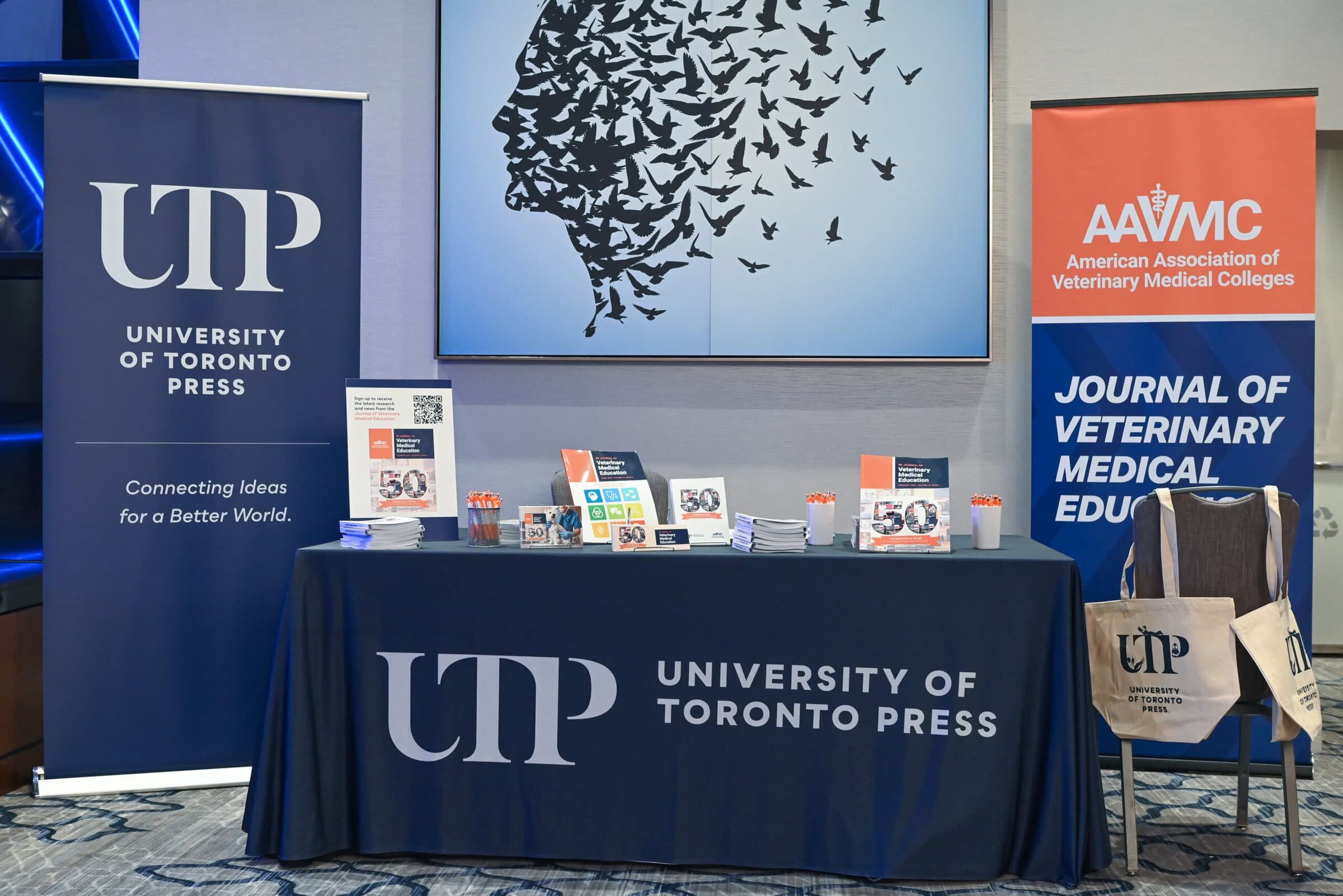Press Releases
October 01, 2025
AAVMC and Chewy Health Open Applications for 2026 Cohort of Chewy Veterinary Leaders Program
News Releases
AAVMC’s Signature podcast
On Air
Tune in to AAVMC’s podcast to explore diversity, equity, and inclusion topics shaping the veterinary profession. Each episode features expert guests sharing insights and fostering thought-provoking discussions.
EPISODE 148
November 03, 2025
DEI and Accreditation
Diversity, Equity & Inclusion
EPISODE 147
October 21, 2025
LVMA and Hispanic Heritage Month
Diversity, Equity & Inclusion
EPISODE 146
Journal of Veterinary Medical Education


Media Resources
Stay Up-to-Date
Subscribe to AAVMC’s newsletters to have updates delivered straight to your inbox.
Vet-Med Educator
Advocacy Insights

